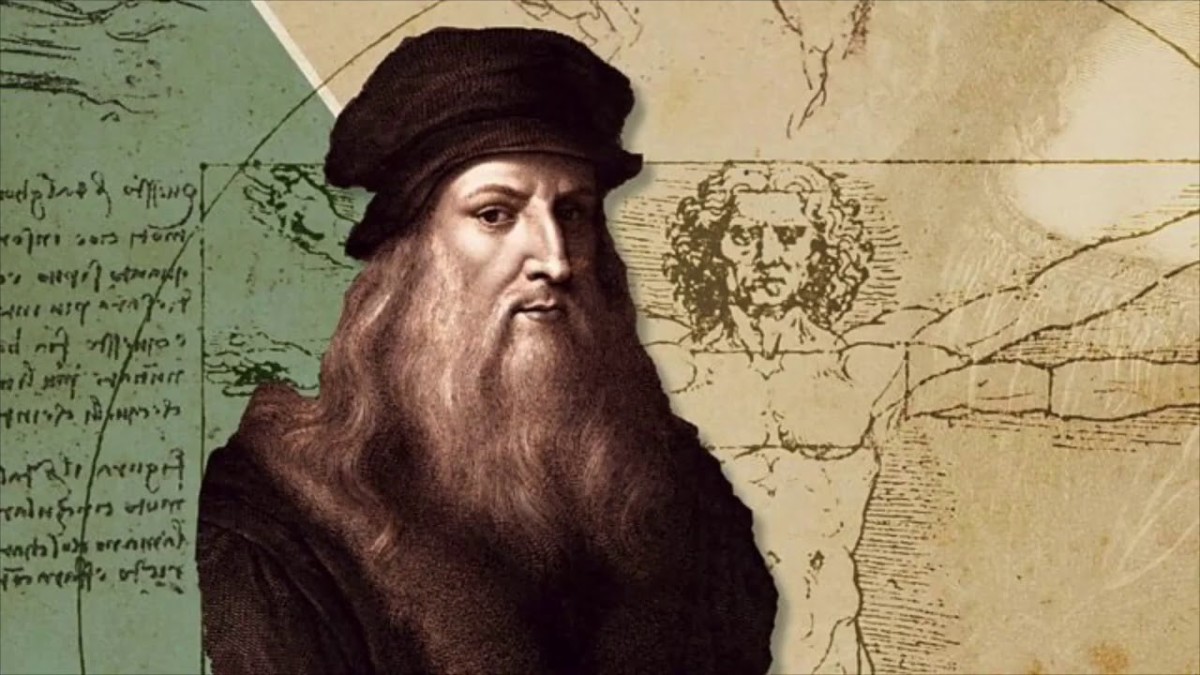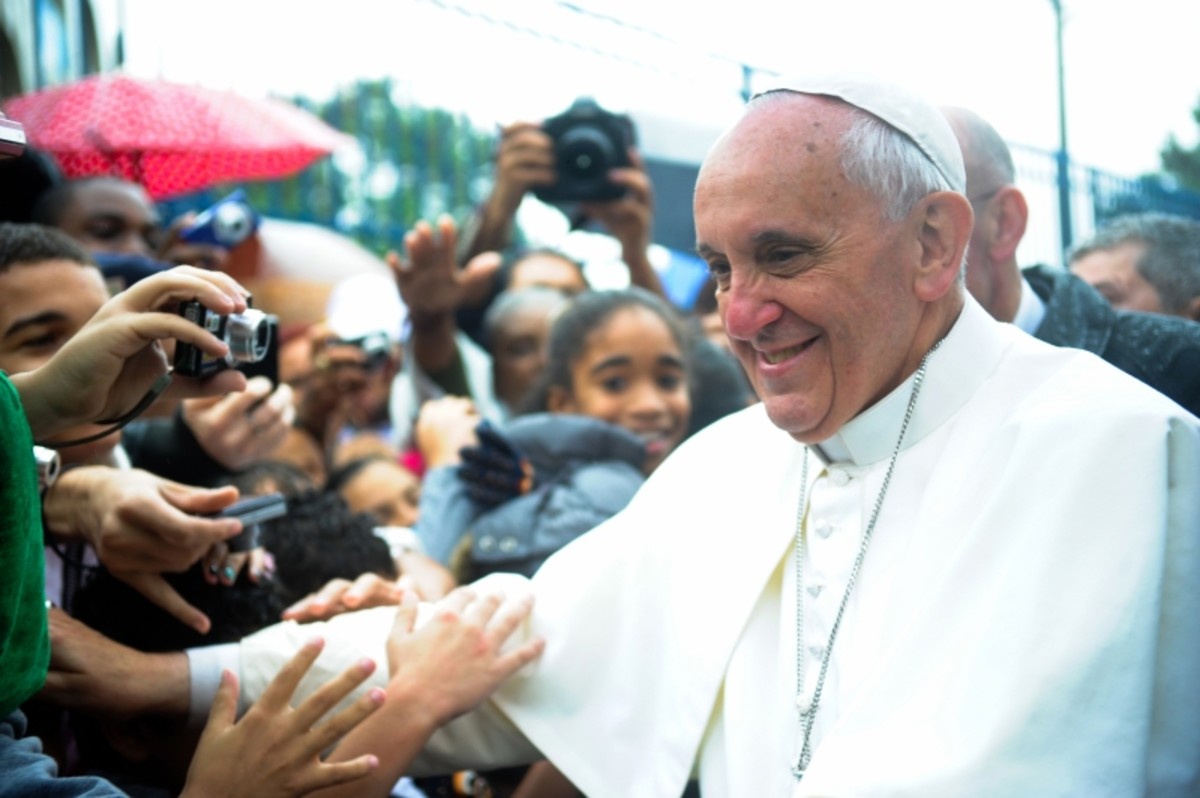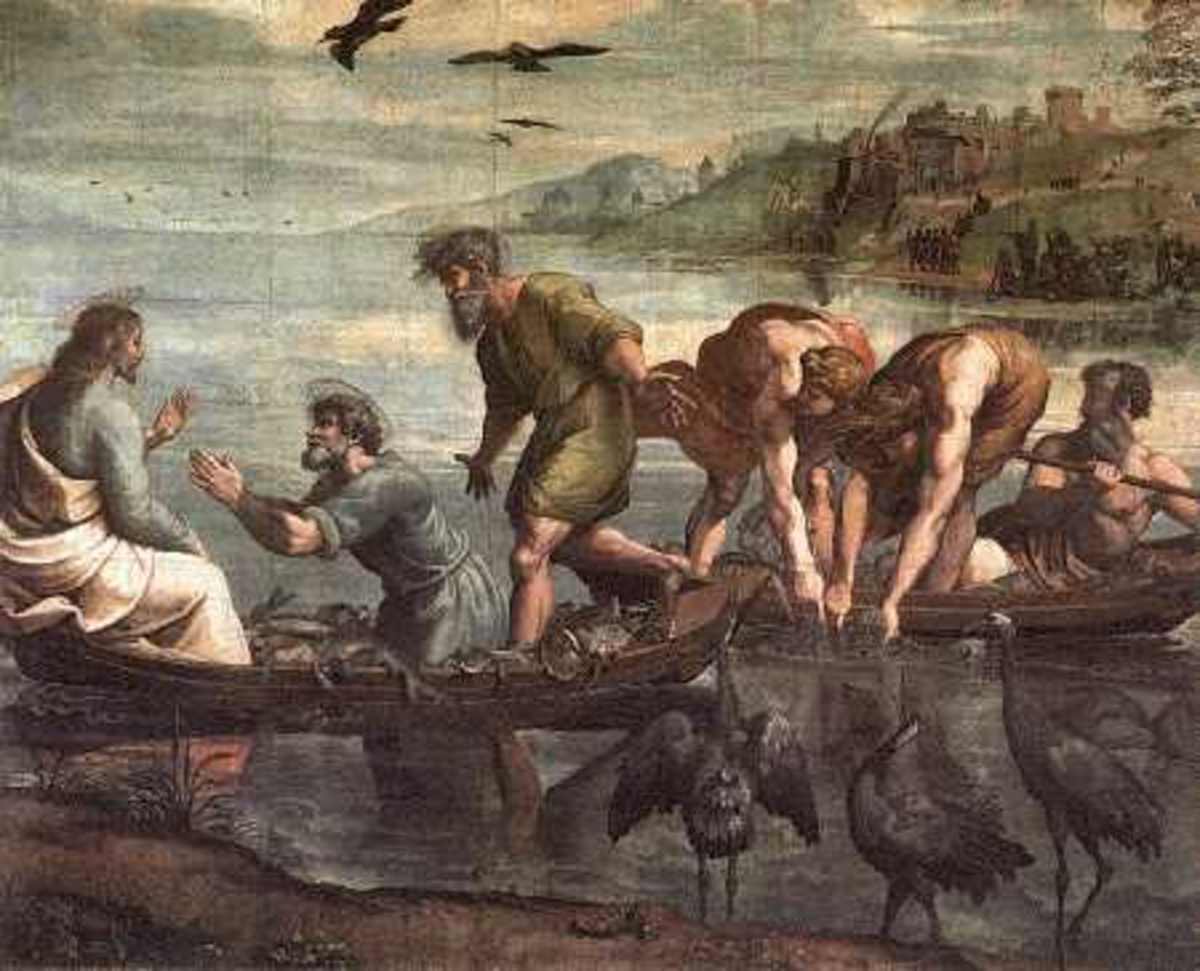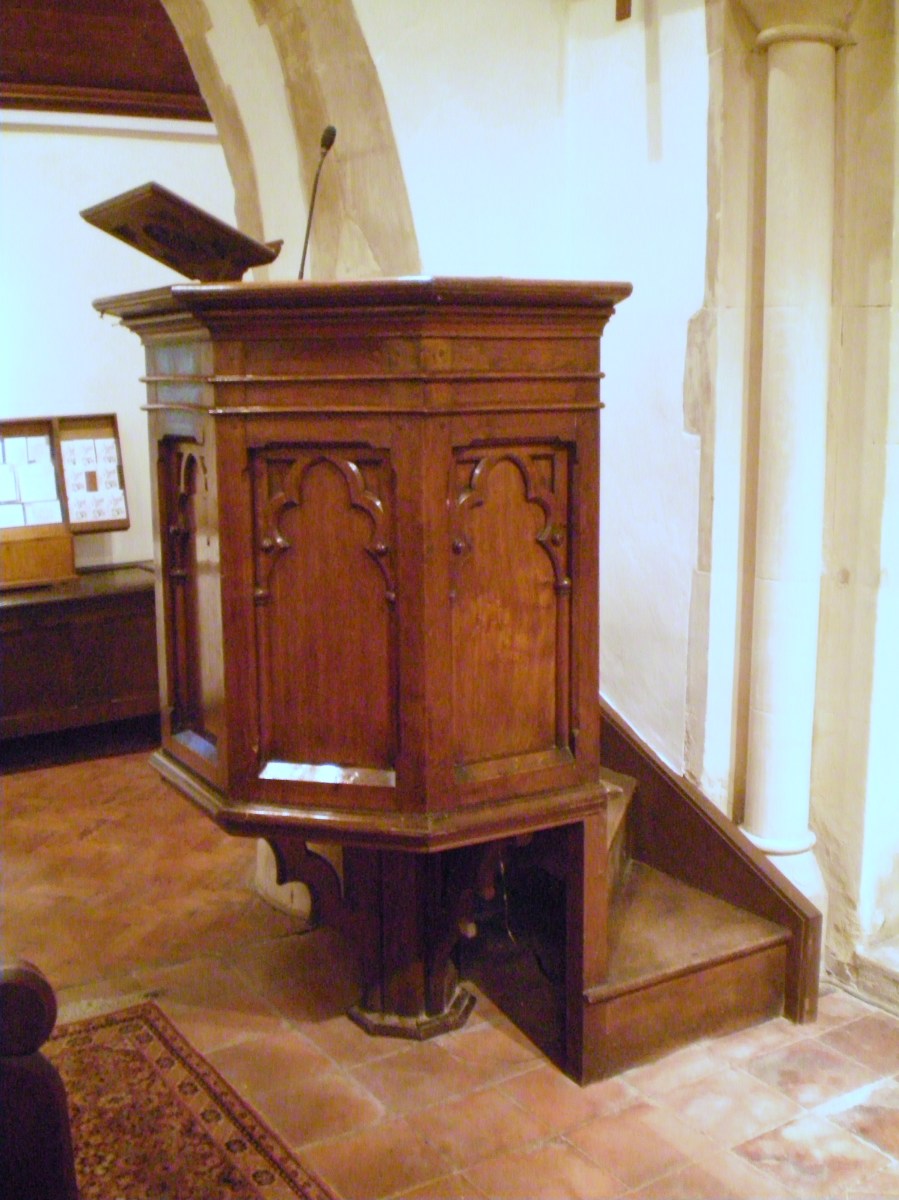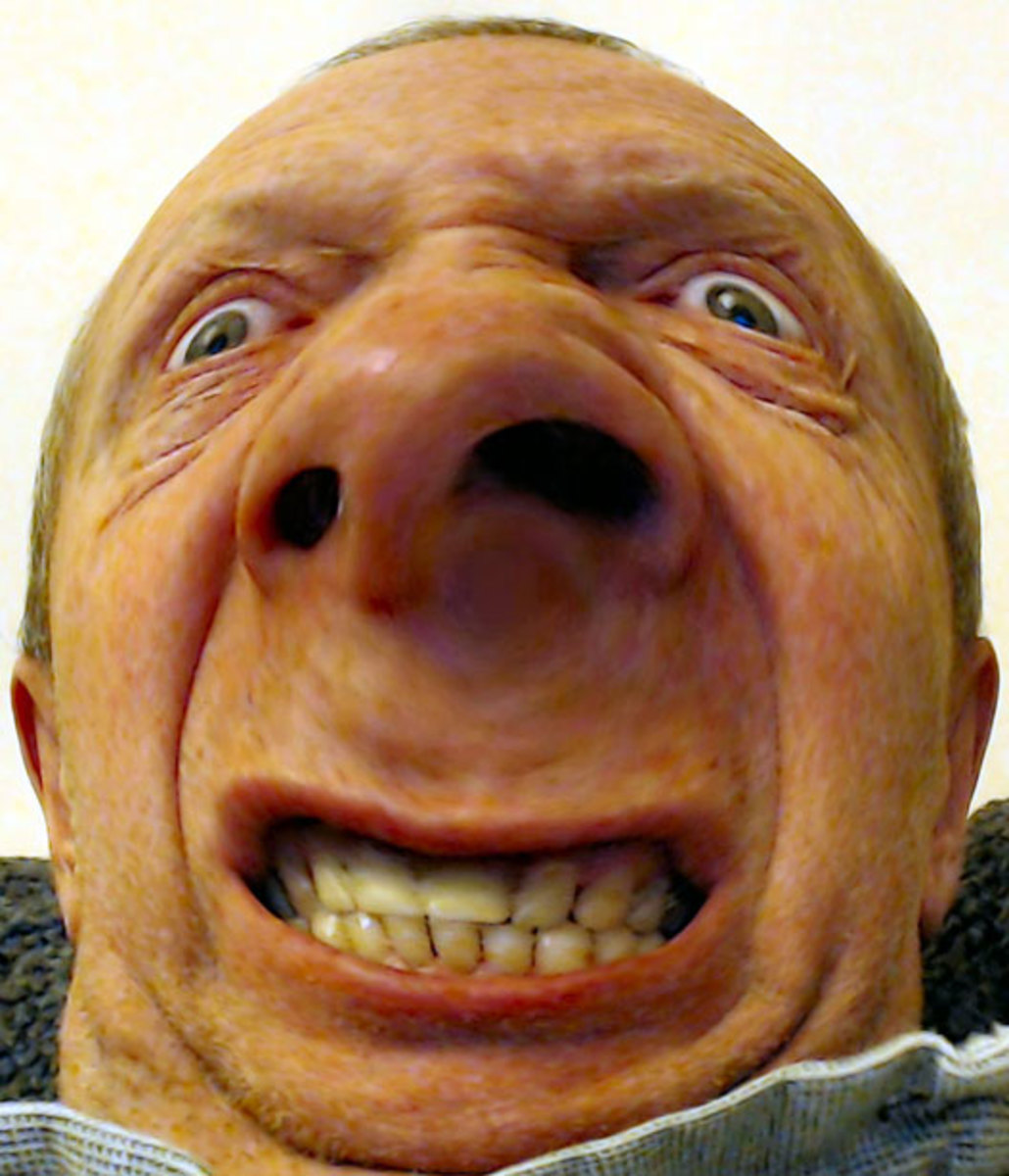Cardinal Henri de Lubac and His Influence on Vatican II
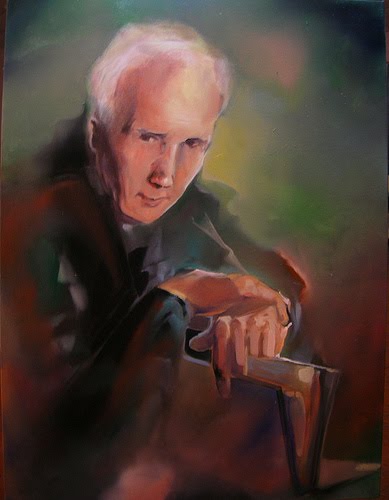
"Reluctant Cardinal" one of the most prominent theologians of the 20th Century
A thriving church community believes in the importance and dignity of each of its members, not only as beloved children of God but as the talented spiritual fiber that is carefully woven into its rich tapestry thus allowing it to flourish in grace, charity and brotherhood. It was this belief that inspired and drove the spirit of Cardinal Henri de Lubac, a French Jesuit Priest whose contributions to the Second Vatican Council were deeply profound.
Having been born into nobility in Cambrai, de Lubac was hardly one to succumb to the trappings of comfort or complacency that oftentimes befall a man of such blue-blood upbringing. At the age of 17 he joined the Society of Jesus, which was re-located from Lyon to East Sussex due to the prevailing attitudes and general unrest of the times. It was here that de Lubac had a brief opportunity to study prior to being abruptly drafted by the French Army a year later.
Although inclined to pursuits of a more cerebral nature, de Lubac gallantly served his country until a head wound suffered at Verdun led to his dismissal from military service. He was thus allowed to return to his philosophical studies, first in Canterbury and later in St. Helier Jersey. As de Lubac grew in spiritual wisdom, he found himself teaching at the Jesuit College at Mongre, Nord-Pas-de-Calais, certainly a unique and prestigious honor for such a young man. From there he went to England to enhance his theological studies at Ore Place in Hastings, East Sussex. He was ordained to the priesthood in 1927 and soon thereafter gave the first of his many lectures at the Theology Faculty of Lyons.
Like many great men of his time, de Lubac encountered setbacks and dangerous obstacles to fulfilling his mission and subsequent destiny on Earth. While serving a lengthy 32 year professorship of fundamental theology at the Catholic University of Lyon, he was forced into hiding because of his activities with the French Resistance and was even later relieved of his teaching duties for a nine year span due to what the Office of the Jesuit Superior General deemed to be "pernicious errors on essential points of dogma". It's been widely speculated that the Jesuits were under extreme pressure from Rome to employ this edict, and de Lubac later referred to this period of his life as "the dark years".
Rome eventually relented, but de Lubac remained saddled with the scourge of censorship. This never dampened his passion for writing, publishing and studying however. His fortitude and undying desire to do God's will would eventually earn him the attention he so rightfully deserved as Pope John XXIII would eventually enlist de Lubac as a consultant for the upcoming Second Vatican Council. His main contributions to Vatican II appear to have been made in support of the conciliar and post-conciliar periods as it was here where he stressed the vital contributions of the whole people of God, not just the priests and other appointed religious leaders.
As he approached the twilight of his career, de Lubac gained an ardent admirer in Pope Paul VI, who sought to appoint him a Cardinal. de Lubac humbly declined however, believing that it was unjust to be appointed to the Cardinalship without having first having achieved the title of Bishop, citing it as "an abuse of apostolic office". 14 years later however he did accept the appointment from Pope John Paul II, and at 87 years old he became honored and recognized as the oldest living Cardinal. He later died in Paris at the age of 95.
Cardinal de Lubac was a man of bravery, intellect and wisdom, a genuinely unique trailblazer of the Catholic Church. It was his lifetime of contributions that have in many ways helped to lay the foundation for positive change, change rooted in the same truth that was taught by the first man to assume the Papacy, St Peter himself. So deep in fact were these fundamental truths that they will undoubtedly continue to provide the bedrock for future change and progress for many years to come.

